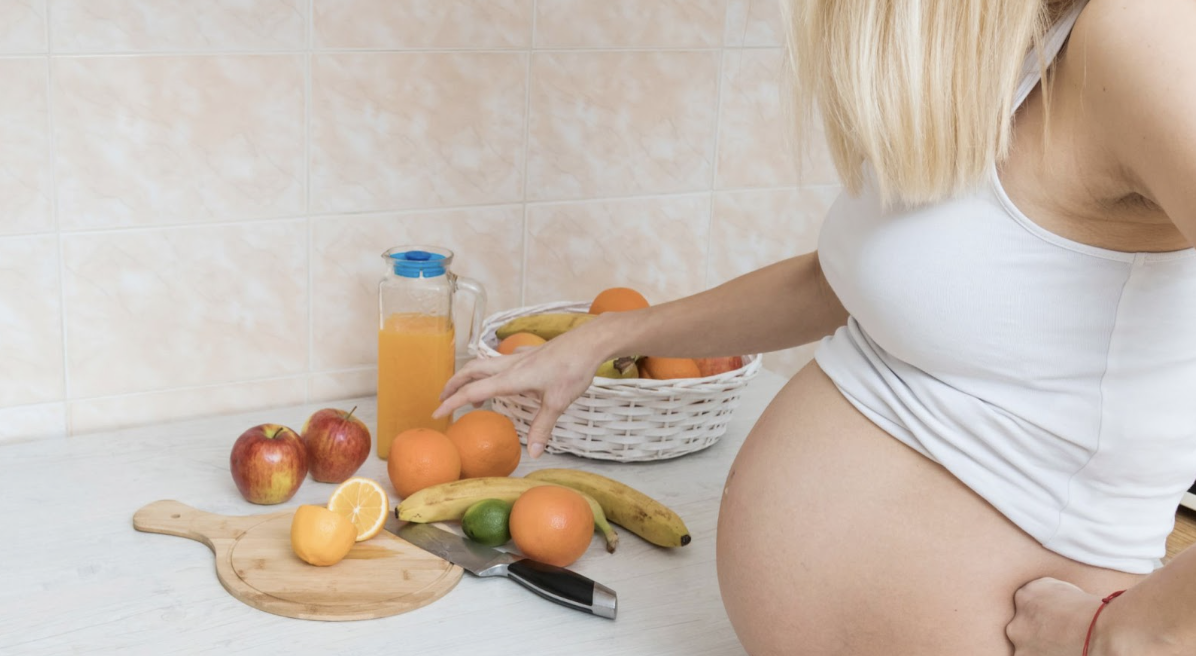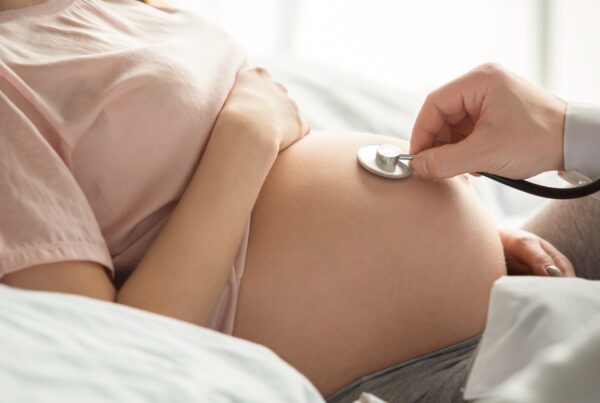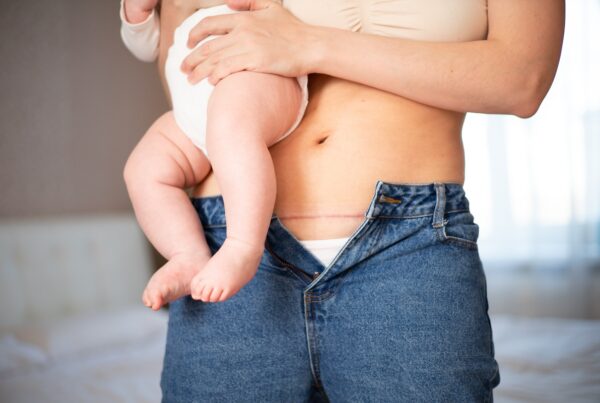Modern pressures on young adults, combined with the trend of marrying and having children later in life, as well as changing family dynamics, have led to an increase in pregnancies among older women. These “advanced maternal age” mothers face unique challenges and risks, requiring specialized care and preparation for a healthy pregnancy. Today, we’ll explore the ways older mothers can reduce birth risks.
Understanding the Risks for Older Mothers
Medically, pregnancies in women over 35 are labeled as “advanced maternal age.” Research has shown that from age 35 onwards, women experience a sharp decline in ovarian function. Consequently, both maternal and fetal risks increase substantially.
5 Key Preparations for Older Mothers
Adequate Sleep
Older mothers should ensure they get 8-9 hours of sleep every night and consider a one-hour nap during the day. Foods like walnuts and sour dates can promote better sleep. Daily exposure to sunlight and light exercise can also be beneficial. A nightly routine, like drinking a half cup of water with honey, can be a sleep aid.
Nutrition
One of the primary concerns is ensuring the health of the baby. This requires mothers to maintain a balanced and nutritious diet. If there’s a deficiency in iron, incorporate foods like beef, animal liver, or raisins. For calcium, consume more milk, shrimp, and soy products. Additionally, to prevent neural tube defects in the fetus, older mothers should take folic acid supplements for at least a month before conception.
Traditional Chinese Medicine (TCM) Insights
According to TCM, older women often face a higher risk of miscarriage due to weakened kidney energy and deficient qi and blood. Strengthening the kidney essence through a combination of food and medicine is recommended. Always consult with a TCM practitioner or doctor before starting any supplement.
Avoiding Infections
Pregnant women should avoid exposure to harmful chemicals and viruses, especially during the first trimester. Viral infections like mumps, influenza, or herpes simplex can increase the risk of congenital deformities. Also, maintain proper hygiene, as increased sweat and sebaceous gland secretion during pregnancy can lead to infections.
Regular Check-ups
Older mothers have a higher probability of facing complications during labor. Regular prenatal checkups can help mitigate these risks. Typically, checkups are advised once a month until 27 weeks, every two weeks from 28-35 weeks, and weekly after 36 weeks. Regular blood pressure and urine checks are essential.
In addition, sexual activity may need to be moderated or avoided to ensure the health and safety of the fetus. Proper care and attention can ensure both the baby’s health and the mother’s well-being during pregnancy.
In conclusion, while older mothers face unique challenges, with proper care and attention, they can manage the risks associated with late pregnancies, ensuring a healthy outcome for both mother and baby.









